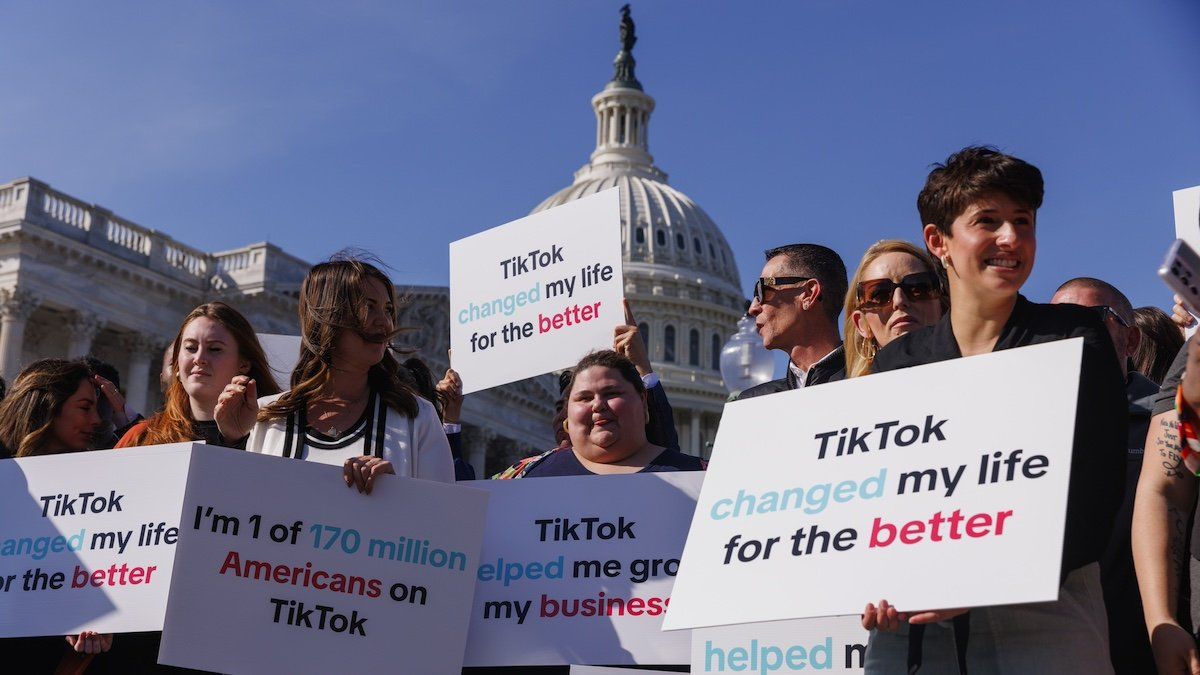The US House voted to ban Chinese-owned video-sharing app TikTok on Wednesday, sending the bill to the Senate, where it faces an uncertain fate. Democratic Senate Leader Chuck Schumer has not committed to bringing it to a vote.
Republican and Democratic representatives — who voted 352 to 65 to pass the bill — argue that China could use TikTok’s algorithm to feed propaganda to Americans and collect intelligence about users. Intelligence experts have warned for years that Westerners should be skeptical of assurances that the company does not share intelligence with the Chinese government. TikTok says such concerns are ridiculous.
The bill would force Beijing-based ByteDance to sell the company to a buyer approved by the US government or have it removed from US phones in six months.
Biden has said he would sign the bill, but Donald Trump, who tried and failed to shut down TikTok, recently reversed himself and now opposes banning the app.
Also this week, Canada's Liberals acknowledged that they had ordered a national security review of the popular app last autumn without making it public.
Canada has not said whether it would follow Washington's lead if it is banned, but last year Ottawa banned TikTok from government devices. Tech analyst Carmi Levy told CTV that Canada would likely follow an American ban. “We can’t afford to be out of sync with them on issues of digital policy that are this important.”
In the meantime, the Canadian government says TikTok will be under "enhanced scrutiny," under the Investment Canada Act's new policy on foreign investments in digital media.
